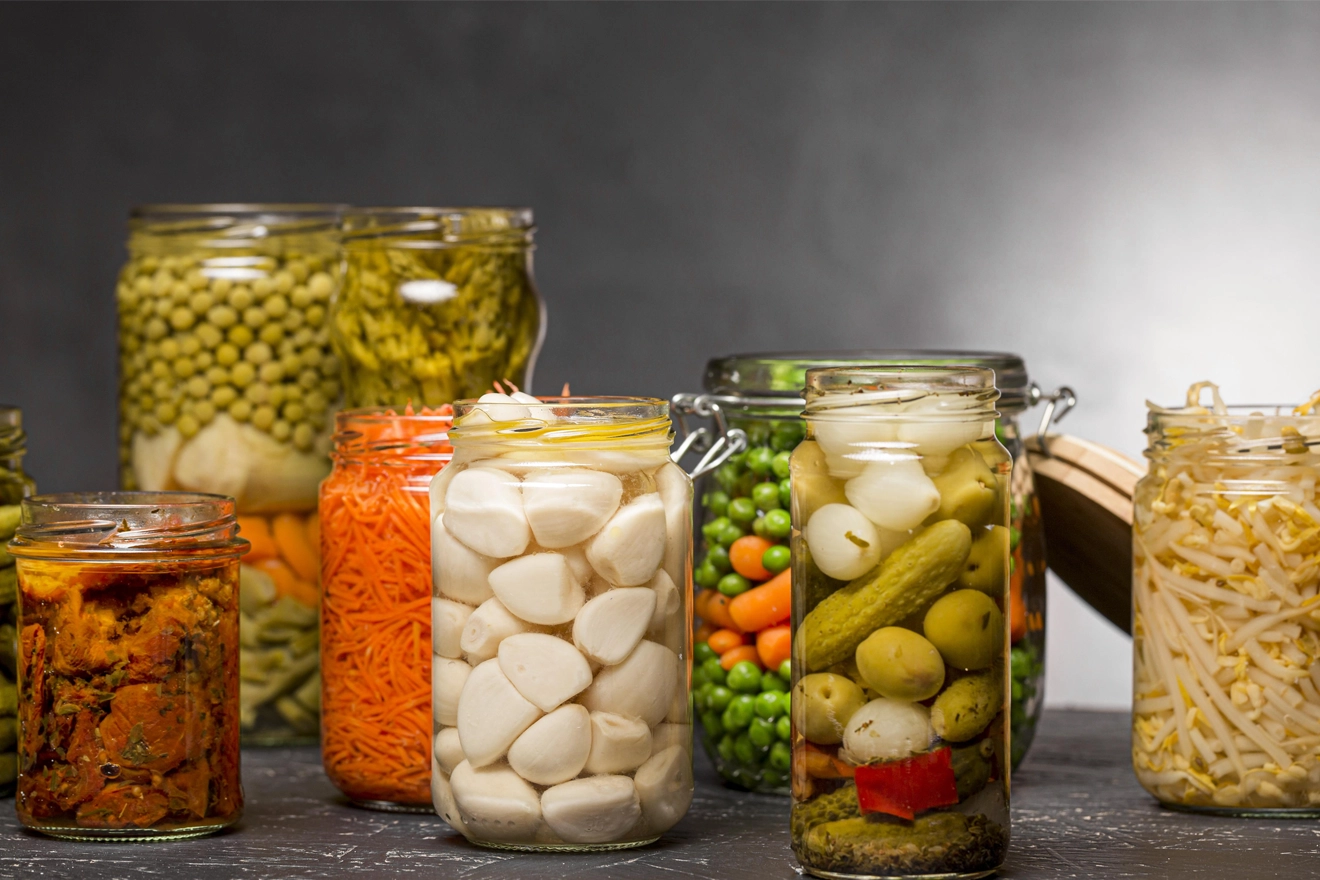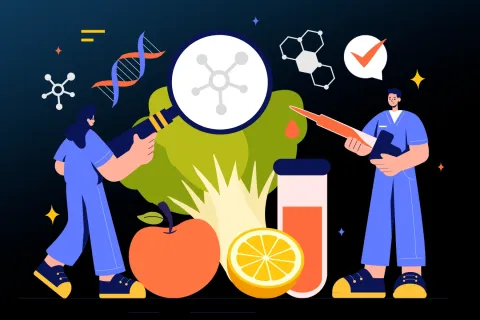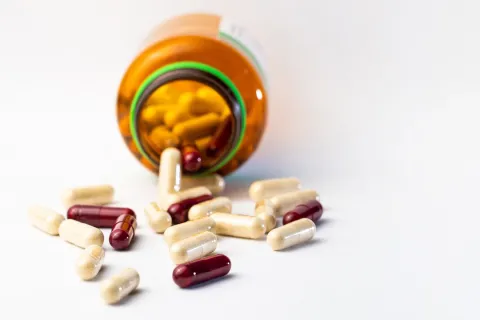
Indonesia has taken a step ahead in regulating processed foods and beverages. A set of guidelines or biotic regulations has been rolled out by the Badan Pengawas Obat dan Makanan (BPOM), or the Agency for Food and Drug Control/Indonesian Food and Drug Authority. The new set of regulations will not only govern the presence of microorganisms in general processed food and beverages like yogurt and kombucha, but they will also apply to probiotics.
Why was the Biotic Regulation Required?
Over the last few years, consumer preference for fermented foods has grown exponentially in several Southeast Asian nations like Indonesia. These foods include microorganisms, for instance, the popular lactobacillus found in yogurt, which offer health benefits like improved gut health and immunity. The problem lies in the fact that most of these fermented foods are marketed in processed forms. Packaged yogurts and bottled kombucha continue to flood the food market since they are considered healthy; to ensure that these packaged foods are safe for human consumption, the BPOM has taken this step.
What are the Various Microorganisms that are Permitted Under the Regulation?
The list of permitted microorganisms includes the following sixteen (16) types of bacteria:
- Bifidobacterium animalis
- Bifidobacterium breve
- Bifidobacterium lactis
- Bifidobacterium longum
- Lactobacillus acidophilus
- Lactobacillus casei
- Lactobacillus fermentum
- Lactobacillus lactis
- Lactobacillus paracasei
- Lactobacillus plantarum
- Lactobacillus reuteri
- Lactobacillus rhamnosis
- Leuconostoc citreum
- Lactobacillus delbrueckii (subsp. Bulgaricus)
- Streptococcus salivarius (subsp. Thermophilus).
What Else Does the Biotic Regulation State?
The BPOM has also mandated that processed food and beverages regulated by these standards must show the required measurement of viable bacteria by the end of their shelf life. A total number of microorganisms of at least 1x106 CFU/g or 1x106 CFU/ml of the total processed product, which will be confirmed by laboratory analysis and testing, must be present in the products.
Manufacturers who have obtained distribution permits for their fermented processed products and beverages prior to the enactment of this decree must ensure that the products conform to the mandate within no later than thirty (30) months after this is enforced, giving the timeline for transition up to the third quarter of 2025.
Products that are in the application process for a distribution permit will continue to be processed in accordance with the current regulations but must comply with the new mandate within thirty (30) months.
Conclusion
To conclude, it is interesting to see how Indonesia is witnessing a surge in the yogurt market, with many outlets gaining social media traction. Given that the demand for healthier immunity-boosting food options prompted yoghurt’s popularity to skyrocket in the country ever since the COVID-19 outbreak, the BPOM regulating this suddenly popular product is obvious for both health and market-related reasons. Ensure compliance with BPOM requirements by performing a careful assessment of your food products. Contact food Regulatory specialists at Freyr for region-specific compliance guidance. Stay informed! Stay compliant!









